As often happens, I ran across a random link (this time via Bluesky) and suddenly found myself investigating subjects as wide ranging as child labor, sardine "cartoners" in Maine, labor unions, the writer Emile Zola, and all the ways they share a story!
What originally caught my eye was an article in French about Douarnenez and Concarneau, fishing villages on the Brittany coast of France, because I have stayed in both places multiple times. It was titled "Les Penn sardin savaient trouver la joie dans la misère" - "The Penn Sardin (the nickname of the women workers in the sardine industry) knew how to find joy in misery."
Little did I know that this year, 2024, the Brittany region is celebrating the 100th anniversary of an infamous strike started by women fish cannery workers protesting their miserable work conditions and pitiful pay. Many of those workers were mere children. Lewis Hine, anyone?
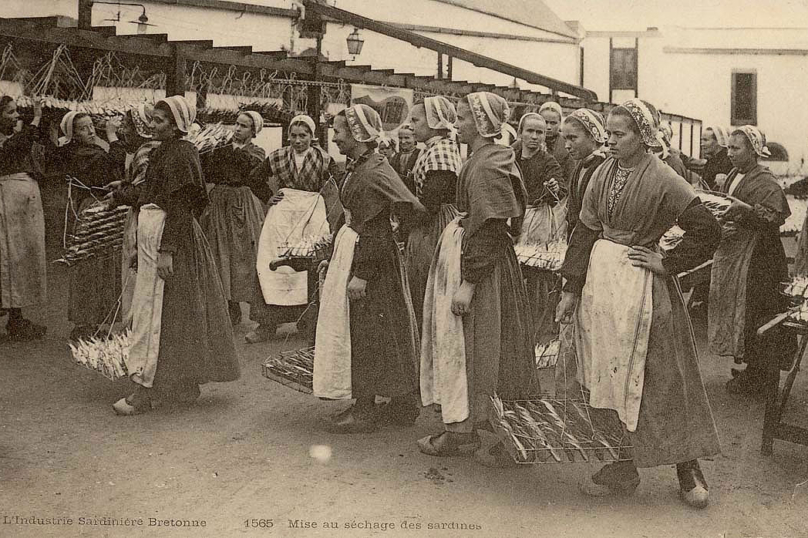
In spite of the cute logo (shown below) of the Béziers sardine factory, female workers detested the owner for his harshness and intractability. In 1924, the women worked for 80 cents a day in freezing and unsafe conditions, called up even in the middle of the night if sardine boats appeared in the harbors with their haul.

Nearly every French person, and certainly every Breton, can sing the song "Penn Sardin" about the strike, which went on from November 21, 1924, until January 6, 1925, when the factory owners gave in to the workers' demands. The 4-minute video linked in this paragraph includes some wonderful primary source photographs. It also shows the song's English translation at the top, and it's quite informative. I hope you'll take a look.
So why am I writing this post in the Celebrating Rural Maine group? Take a look at all these amazing images and newspaper articles of sardine workers (including photos of children taken by Lewis Hine) in...you guessed it...Maine!

How would you use local primary sources to teach about child labor and women in the work force throughout history? What connections would you make to world labor conflicts such as the Penn Sardin strike in northwestern France or elsewhere in the world? How are sardines harvested and "cartoned" today? Is the sardine industry still a part of the Maine economy?
Pre K - 2 3 - 5 6 - 8 9 - 12 Social Studies/History labor workers' rights child labor Lewis Hine
Check out this album created by  Stephanie Connors
and posted in the Rural Education group.
Stephanie Connors
and posted in the Rural Education group.
Celebrating Rural Maine: Community Civics & Placed-Based Inquiry
The Maine Department of Education & National Council for History Education are excited to announce a series of professional learning opportunities made possible by a grant from the Library of Congress Teaching with Primary Sources program specifically designed for rural Maine PK-12 teachers to acquire strategies for designing and implementing a community civics and inquiry-based project.
Details are included below:
Part A: Teaching with Primary Sources Online Course (December 2, 2024 - March 31, 2025) - Free, asynchronous, online Teaching with Primary Sources Course to acquire new strategies for analyzing primary sources, incorporating inquiry into your instruction, and accessing primary sources from the Library of Congress and more.
Part B: Saturday Colloquia (March 8, 2025, April 12, 2025, May 17, 2025 from 9am - 2:30pm) - Free, synchronous, online professional learning workshops led by expert historians, education specialists, and spotlight educators related to this year's theme: Geography of the Place We Now Call Maine.
Part C: Onsite Colloquium (Summer of 2025) - Free, onsite (TBD) professional learning opportunity in the summer of 2025. Sessions will focus on developing a community civics & place-based inquiry project with students. 15 teachers will be selected and receive up to $750 for project funding.
A flyer is attached with additional information. Sign up today to reserve your spot in 1 or all 3 parts. Stipends available for participation.
Art/Music English/Language Arts Mathematics Science Social Studies/History rural Maine
The Maine Department of Education & National Council for History Education are excited to announce a series of professional learning opportunities made possible by a grant from the Library of Congress Teaching with Primary Sources program specifically designed for rural Maine PK-12 teachers to acquire strategies for designing and implementing a community civics and inquiry-based project.
Details are included below:
Part A: Teaching with Primary Sources Online Course (December 2, 2024 - March 31, 2025) - Free, asynchronous, online Teaching with Primary Sources Course to acquire new strategies for analyzing primary sources, incorporating inquiry into your instruction, and accessing primary sources from the Library of Congress and more.
Part B: Saturday Colloquia (March 8, 2025, April 12, 2025, May 17, 2025 from 9am - 2:30pm) - Free, synchronous, online professional learning workshops led by expert historians, education specialists, and spotlight educators related to this year's theme: Geography of the Place We Now Call Maine.
Part C: Onsite Colloquium (Summer of 2025) - Free, onsite (TBD) professional learning opportunity in the summer of 2025. Sessions will focus on developing a community civics & place-based inquiry project with students. 15 teachers will be selected and receive up to $750 for project funding.
A flyer is attached with additional information. Sign up today to reserve your spot in 1 or all 3 parts. Stipends available for participation.
Art/Music English/Language Arts Mathematics Science Social Studies/History rural Maine
Thank you, I was using my phone and wasn’t quite sure if it had worked or not!
 Kelli Burnham
, I know you have a busy (and fun!) day going, so I worked a little magic to insert that wonderful image directly into your post. Sometimes when we work with collections from other institutions, those collections have some additional layers that make it a challenge to copy and paste. When that happens, I like to use postimage.org - a free, no-registration required, online image converter that lets me import and copy easily. That's what I used in this case, after downloading the image from the Digital Maine Repository.
Kelli Burnham
, I know you have a busy (and fun!) day going, so I worked a little magic to insert that wonderful image directly into your post. Sometimes when we work with collections from other institutions, those collections have some additional layers that make it a challenge to copy and paste. When that happens, I like to use postimage.org - a free, no-registration required, online image converter that lets me import and copy easily. That's what I used in this case, after downloading the image from the Digital Maine Repository.
 Mark Davis
, see below my reply to
Mark Davis
, see below my reply to  Kelli Burnham
. For your Maine Central Railroad ad, I took a screenshot and then imported it into postimage.org before copying it and pasting it into your text box. Let me know if you have any questions!
Kelli Burnham
. For your Maine Central Railroad ad, I took a screenshot and then imported it into postimage.org before copying it and pasting it into your text box. Let me know if you have any questions!
To add clickable (active) tags here in the TPS Teachers Network, you can click on the #ADD TAG icon below the text box. We have standard tags by grade level and content area, but there's also the option to add customized tags. I can imagine lots of eclipse tags being added today!
Testimonials
- I love that there is new info on the site daily!
- I had a wonderful time working with the Library of Congress and learning about all of the resources at my fingertips!
- The TPS Teachers Network has an equal exchange of ideas. You know it's not a place where you're being judged.
- My colleagues post incredibly fine resources and ideas....the caliber of the suggestions and resources make me feel that I take a lot from it. It's a takeaway. And I hope that I can give back as much as I get.
- Going into this school year, I have a fantastic new resource for my own instruction and to share with my colleagues!
- I am very glad that I discovered the TPS Teachers Network through RQI. Great resources can be hard to find out there on the internet!

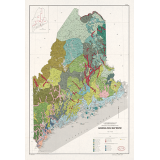











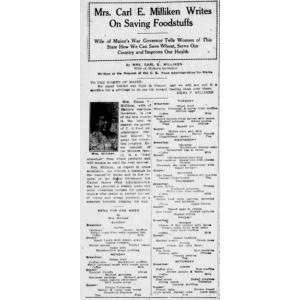

 #STEM #eclipse
#STEM #eclipse

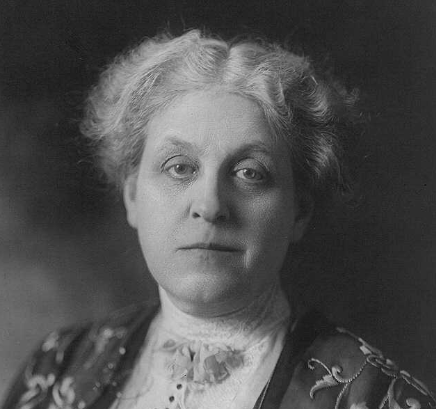
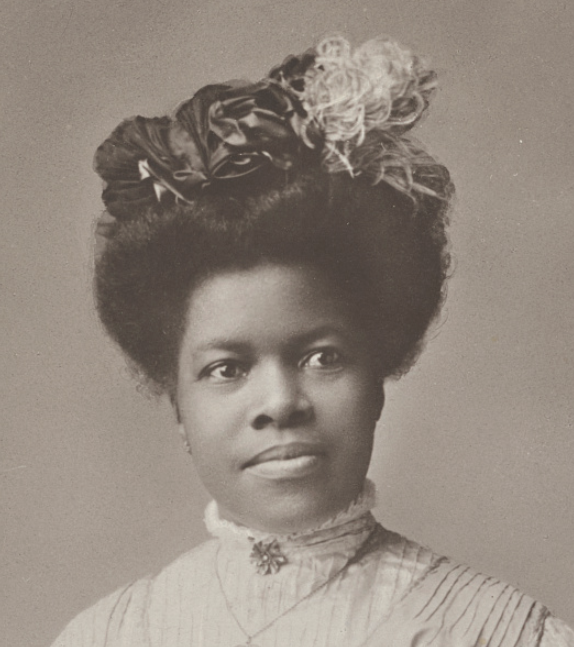
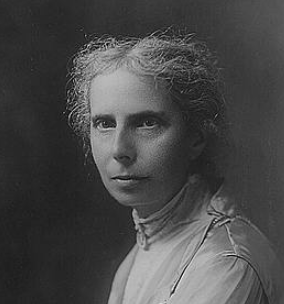
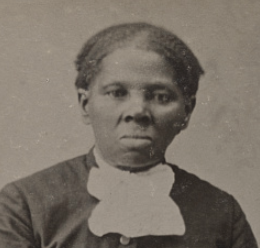


Try this link to access the flyer above:
Link to Celebrating Rural Maine Professional Learning Flyer